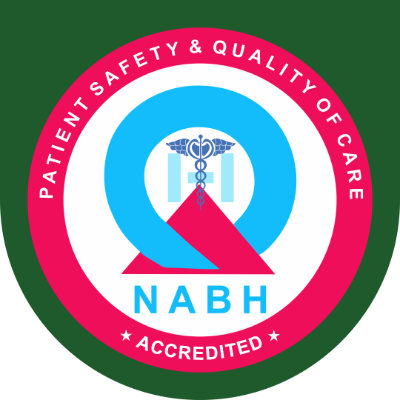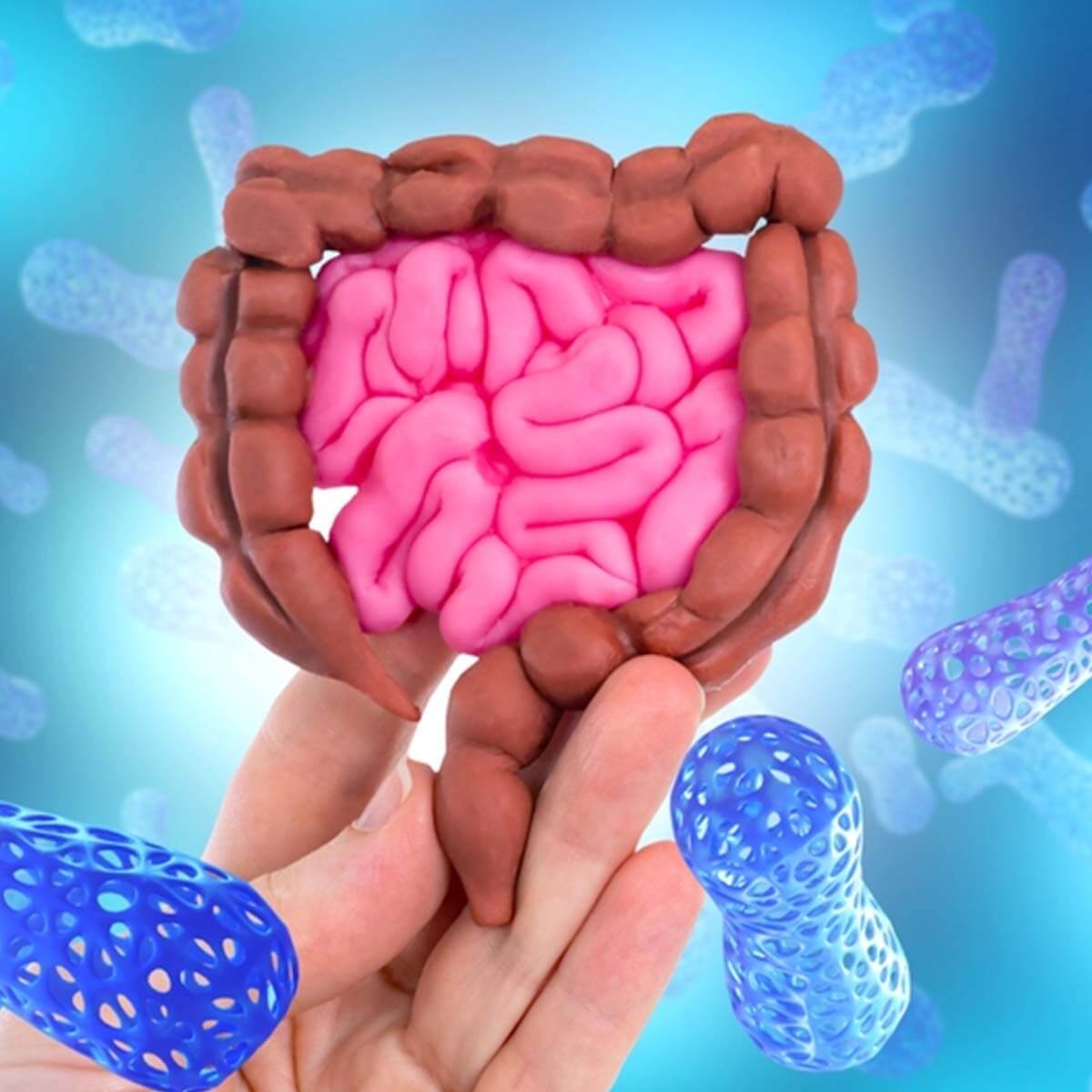Hey Shankus fam! Ever feel like your body's become a tangled mess of knots? We all know that feeling of tightness and reduced mobility after a long day or week
Hey Shankus fam! Ever feel like your stomach's taken up residence on a beach ball factory? Bloating – that uncomfortable feeling of puffiness and tightness after a meal – is something most of us experience from time to time. It's not exactly pleasant, and it can leave you feeling self-conscious and sluggish. But fear not! Bloating doesn't have to be a permanent party guest. Here at Shankus Natural Health Center, we believe in a gentle and natural approach to gut health. By making some simple tweaks to your daily routine, you can keep your gut happy and say goodbye to the bloat! Understanding the Why Behind the Bloat Bloating can be caused by a few different things. Sometimes, it's a sign of a bigger underlying issue, like Irritable Bowel Syndrome (IBS) or other gut disorders. But more often than not, it's a reaction to our everyday habits. Think about it: gulping down a huge meal without properly chewing, indulging in fizzy drinks, or neglecting exercise can all throw your gut into a bit of a tizzy. This can lead to excess gas production, constipation, or even a temporary imbalance in your gut bacteria – all culprits in the bloating game. Simple Swaps for Big Results The good news is, there are plenty of things you can do to combat bloating and keep your gut feeling its best. Here are a few of our favorite tips: Fiber is Your Friend (But Start Slow): We all know fiber is essential for good digestion. It helps keep things moving smoothly and prevents constipation, which can contribute to bloating. But here's the catch: adding too much fiber too quickly can actually worsen bloating. So, if you're upping your fiber intake, do it gradually and make sure you're drinking plenty of water to help things move along. Listen to Your Body: We all have different dietary needs and sensitivities. Pay attention to how your body reacts to certain foods. Do you feel bloated after a big plate of pasta? Does dairy give you tummy troubles? Once you identify your personal bloating triggers, you can avoid them or enjoy them in moderation. Mindful Munching: Slow down and savor your food! Inhale the delicious aromas, chew each bite thoroughly, and put your fork down between bites. This mindful eating practice not only allows you to enjoy your food more, but it also helps prevent you from swallowing air, which can contribute to bloating. Move Your Body: Regular exercise
Hey there, Shankus fam! Ever had that feeling in your gut? You know, that hunch or intuition that tells you something's just not right? Well, that feeling might be more than just a feeling – it could be your gut talking to you! Our gut, also known as the gastrointestinal (GI) tract, is more than just a place for food to pass through. It's a complex ecosystem teeming with trillions of tiny microbes, mostly bacteria, that play a crucial role in our overall health and well-being. These little critters are like our gut's personal cheerleading squad, helping us digest food, absorb nutrients, and even regulate our mood. But what happens when this gut party gets crashed? When the balance of good and bad bacteria in our gut gets disrupted, it can lead to a condition called gut dysbiosis. This imbalance can manifest in a variety of ways, including bloating, gas, constipation, diarrhea, and even skin problems. It can also weaken our immune system and make us more susceptible to other chronic diseases. So, how do we keep this gut party going strong? Here at Shankus Natural Health Center, we believe in a holistic approach to gut health. Here are some tips to get you started: Feed the Good Guys: Probiotics are live bacteria that are similar to the good bacteria already living in your gut. You can find probiotics in fermented foods like yogurt, kimchi, sauerkraut, and kefir. They act like reinforcements for your gut's good bacteria army. Fiber Up!: Think of fiber as prebiotic food for your good gut bacteria. Fruits, vegetables, whole grains, and legumes are all excellent sources of fiber. By feeding your good bacteria, you help them thrive and keep the bad guys in check. Hydration is Key: Water is essential for everything in our body, including gut health. Drinking plenty of water helps keep things moving smoothly and prevents constipation, which can disrupt the gut microbiome. Manage Stress: We all know stress can wreak havoc on our minds, but it turns out it can also take a toll on our guts. Chronic stress can trigger the release of hormones that disrupt the gut bacteria balance. Find healthy ways to manage stress, such as yoga, meditation, spending time in nature, or doing activities you enjoy. Listen to Your Body: Pay attention to how certain foods make you feel. If you notice bloating, gas, or other digestive issues after eating something, it might be a sign that your




